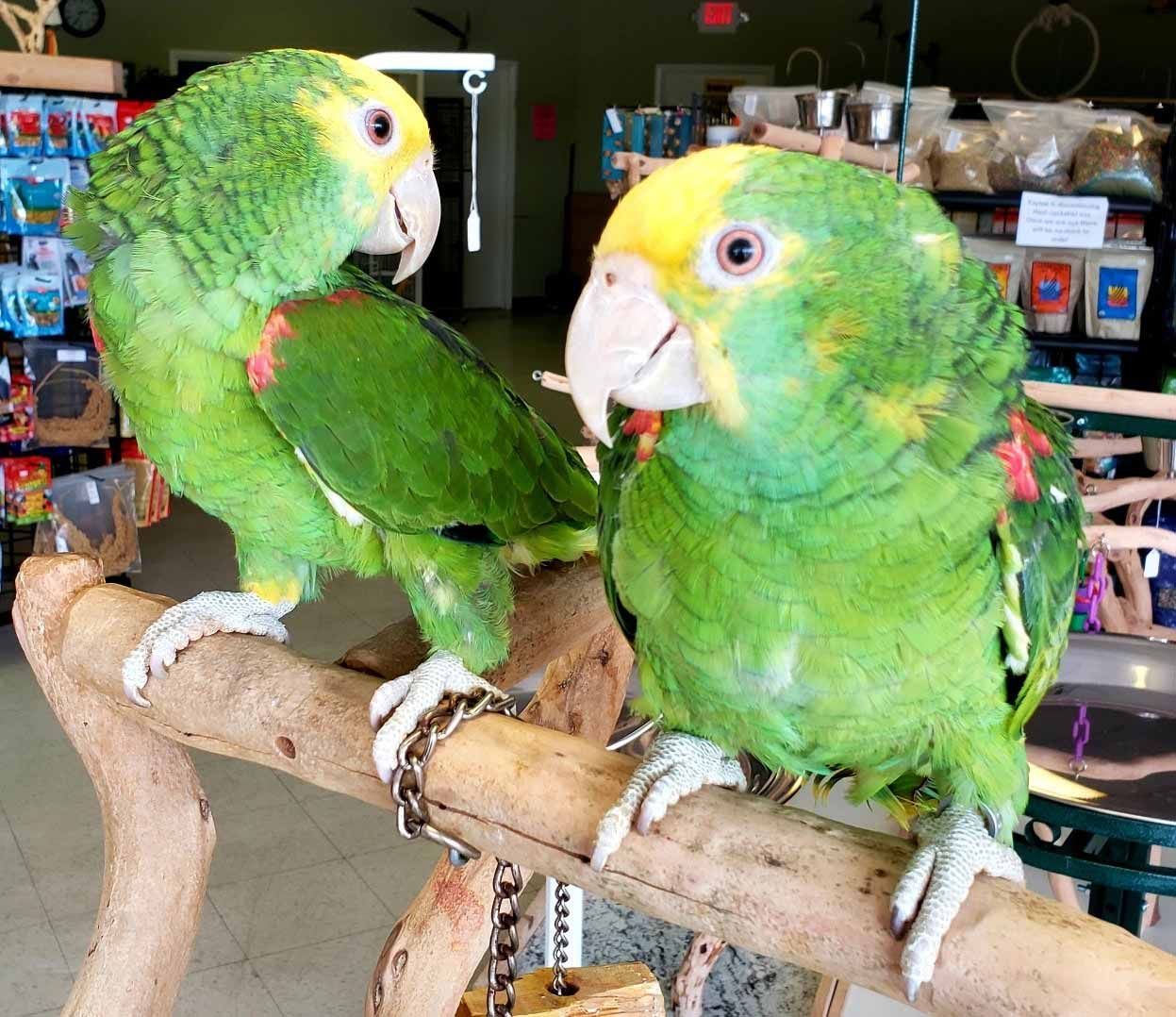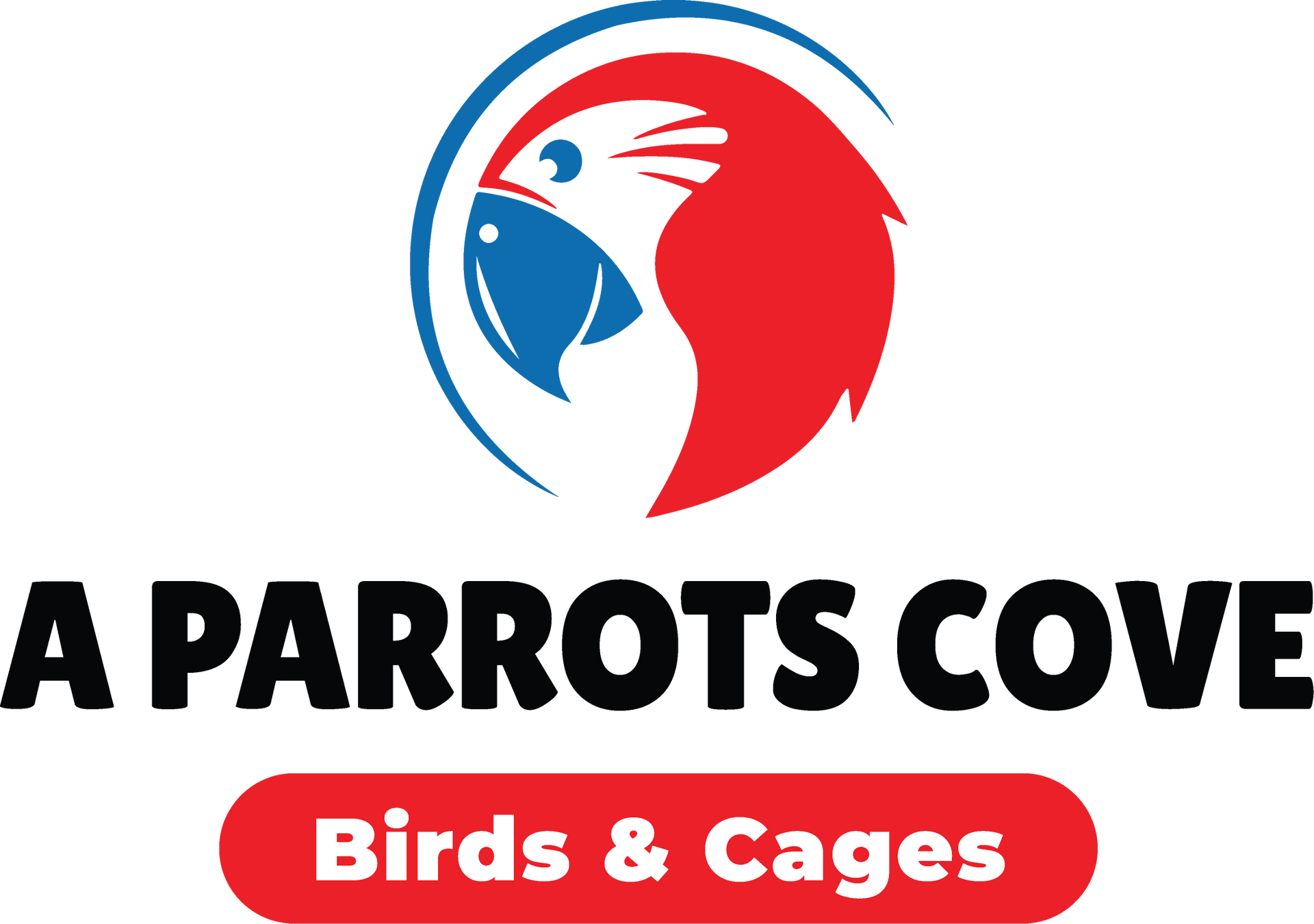September 4, 2023
Birds needs consistency. Try to fed them around the same time every day, and get them out of the cages using that idea. If your bird does not go to the bottom of their cage, cover it with newspaper. It makes cleaning the grating a breeze. If they do go down, that option is not available because they may eat their droppings which could result in a bacterial infection. If your bird is screaming, leave the room. Going up to the cage or responding in any fashion reinforces the behavior. Make sure your bird has things to do to fight boredom. Sitting around all day could lead to bad behavior and even shorten their life span. Getting out of the cage is good and having lots of toys to play with are great. Make sure you have forging toys that make them work for their favorite treat. Want some nice interaction with your bird? Try talking to it. They listen intently and you would be surprised what comes out of their mouths. One of my birds knows when I am upset and will ask me what is the matter followed by its okay? Sometimes the it’s okay is a question and other times a statement of fact. Totally precious and it really lightens my mood. Millet is very nutritional. It is rich in protein, fiber, smart carbs, minerals, vitamin B and K, and promotes an alkalizing effect on the body. We start all our babies on it and they love it! Never hit a bird or tweet it’s beak. It’s bones are hollow and could easily break. It also has nerves in its beak which becomes very painful when hit, all you do is instill fear and ruin the relationship. What to teach your bird a simple trick? See something your bird does naturally, name it and praise that behavior. Within a short time, you can have your bird doing its trick on “request”. I blow my nose a lot. One day I heard my bird blowing his after I did mine. Now he blows his nose on command. Want to keep the cage looking good with very little effort? Quickly take a poop off cloth to it every day. It will take about two minutes and saves a lot of work in a big cleaning. To keep things fresh and stimulating, rotate toys at least once a month. Take an old one out and put a new one in. When cutting fruit and vegetables for your feathered friends, make sure you wash them first. Some birds like theirs cut small while others want to hold them. Try different sizes until you find one that works. Your bird doesn’t seem to enjoy fruit and vegetables. Let them see you eating something than offer it to them. Make sure your mouth has not touched the one you are giving them to avoid passing on any bacteria. Forging is a great way to keep your bird busy and it’s mind stimulated. Get a forging toy and put their favorite treats in there, or get a skewer and give them fruit and vegetables that way. Is your bird screaming at its toys and smashing them around? Encourage that behavior as it will increase its self esteem and help their mental outlook.




